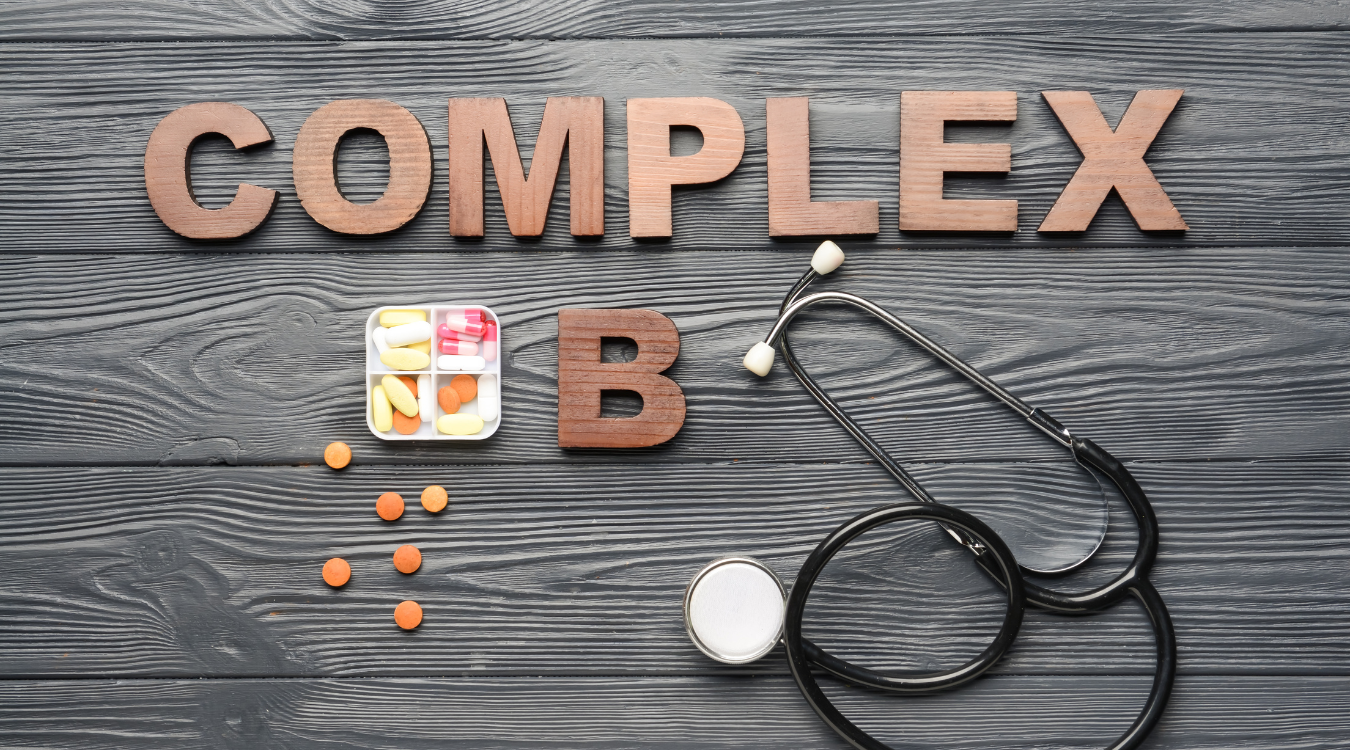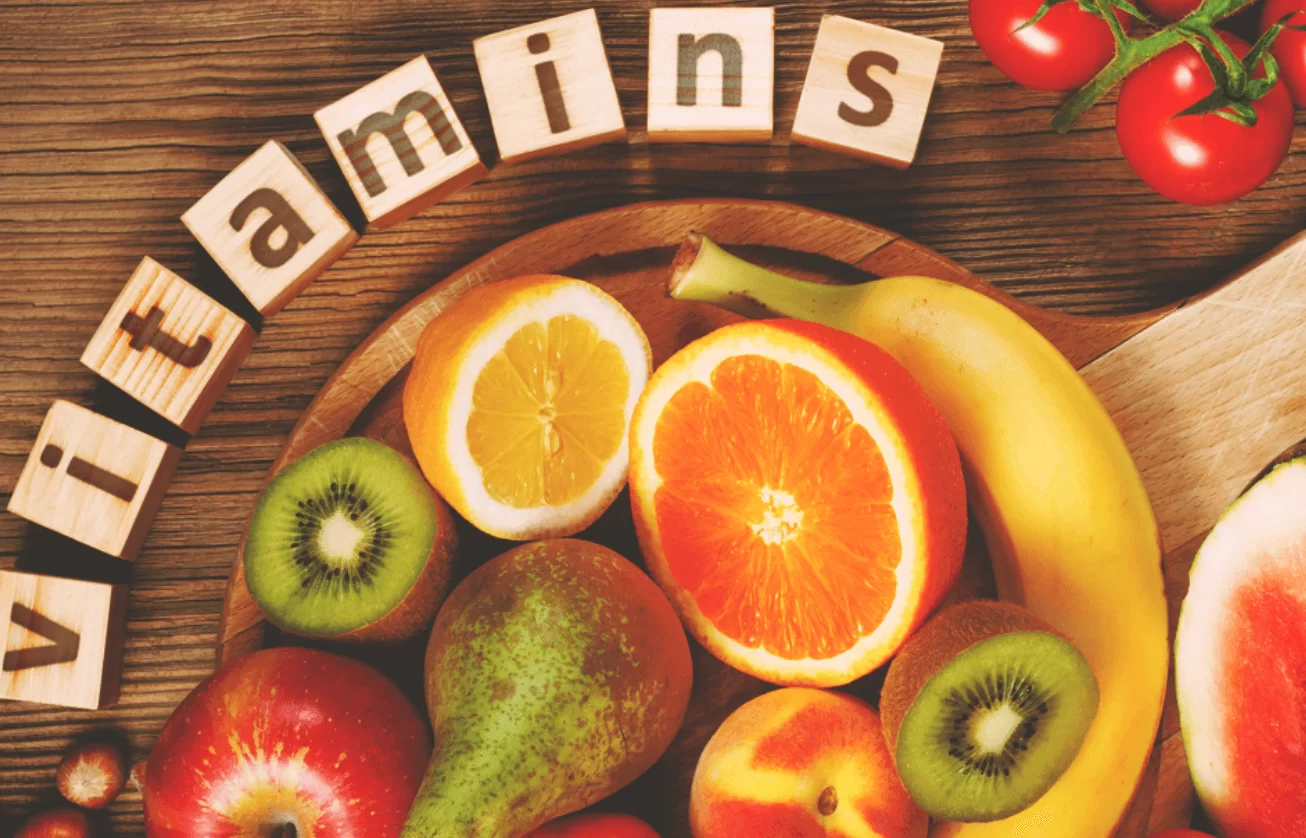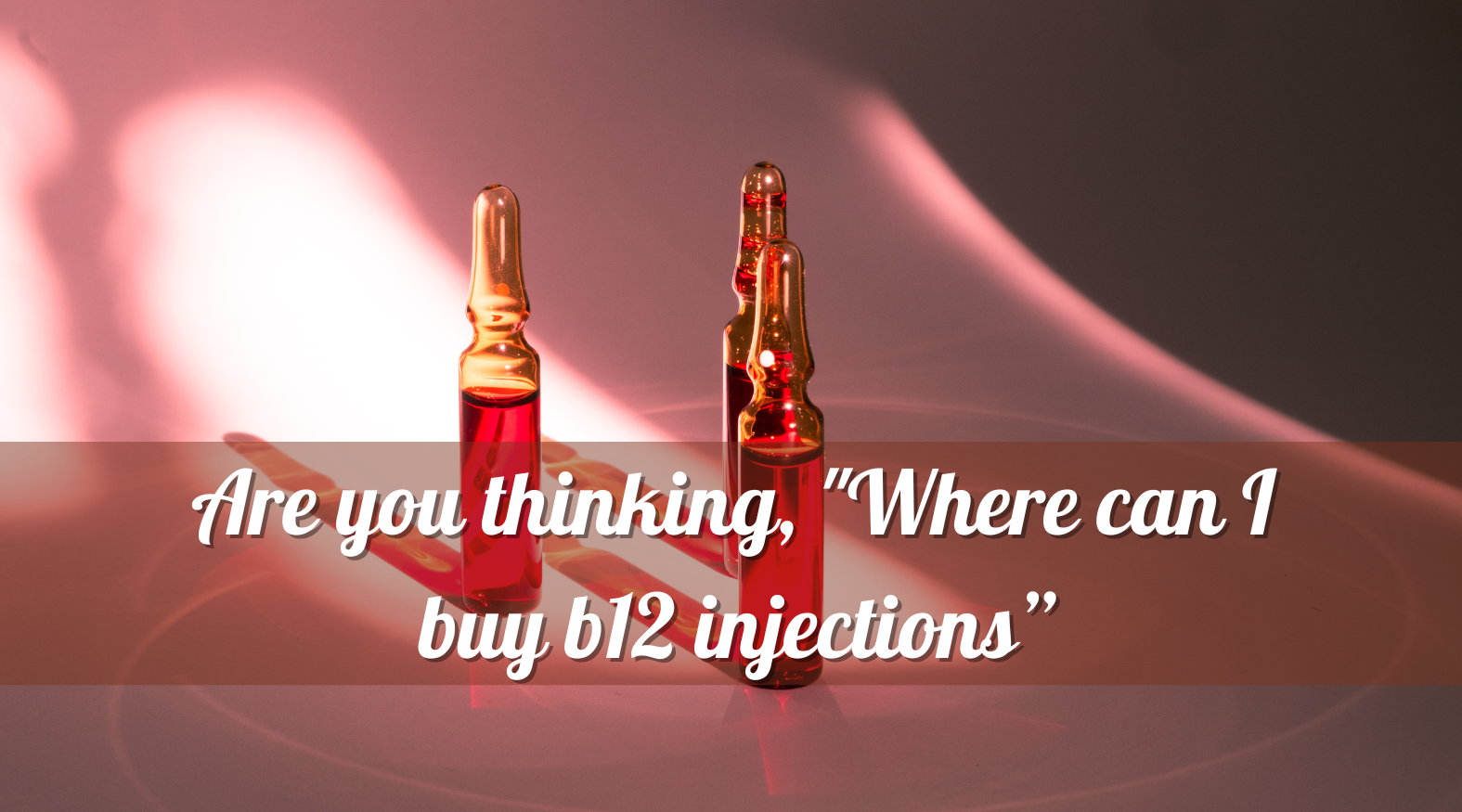
The Complete Guide to Vitamin B Complex: The Nutritional Powerhouse Your Body Deserves
When was the last time you truly felt full of energy and laser-focused, ready to tackle the day? If you're dragging through the afternoon or find yourself struggling with brain fog, fatigue, or even mood swings, your body might be crying out for a boost of Vitamin B Complex.
But what exactly is Vitamin B Complex, and why does it matter so much to your health? In this blog, we’ll unpack everything you need to know about this essential nutrient family, show you how to spot deficiencies, and help you harness its benefits for vibrant health
What Is Vitamin B Complex?
Vitamin B Complex isn’t just one nutrient—it’s a team of eight essential water-soluble vitamins that work together to support almost every function in your body. These include:
-
B1 (Thiamine): Key for energy production and nervous system health.
-
B2 (Riboflavin): Helps with energy metabolism and skin health.
-
B3 (Niacin): Supports digestion, skin health, and cholesterol regulation.
-
B5 (Pantothenic Acid): Aids in the production of hormones and energy.
-
B6 (Pyridoxine): Critical for brain development and serotonin production.
-
B7 (Biotin): Known for supporting hair, skin, and nail health.
-
B9 (Folate or Folic Acid): Essential for cell growth and DNA repair, especially in pregnancy.
-
B12 (Cobalamin): B12 (Cobalamin): Essential for Your Health B12 is crucial for forming red blood cells and maintaining nerve health. Understanding how B12 injections work is important since your genetic makeup influences which type of B12 is most effective for you. Get informed to make the best choices for your health!
Each of these vitamins plays a unique role, yet they work in harmony to keep your body’s systems running smoothly.
Why Is Vitamin B Complex So Important?
The modern lifestyle of stress, poor diet, and over-reliance on processed foods can deplete your body of these crucial nutrients. Here’s why you need to prioritise Vitamin B Complex:
1. Energy Production
Every cell in your body depends on Vitamin B to convert food into energy. Without it, you’d feel sluggish and tired no matter how much coffee you drink.
2. Brain Health and Mood Regulation
Ever wonder why B12 and Folate are linked to mental health? They play a significant role in producing neurotransmitters like serotonin, which helps stabilise mood and reduce anxiety.
3. Heart Health
Vitamin B6, B9, and B12 help regulate homocysteine levels in the blood—a marker linked to heart disease when elevated.
4. Skin, Hair, and Nails
Biotin (B7) is often hailed as the "beauty vitamin," but Riboflavin and Niacin also keep your skin glowing and healthy.
5. Digestive Health
Thiamine and Niacin support a healthy digestive system, helping you absorb nutrients efficiently.
6. Stress Management
B vitamins, particularly B5 and B6, help your body cope with stress by supporting adrenal gland function. If you’re feeling frazzled, this might be your answer.
How Do You Know If You’re Deficient?
Vitamin B Complex deficiencies are more common than you might think. Here are some tell-tale signs:
-
Fatigue and Weakness: A classic sign of B12 or B9 deficiency.
-
Brain Fog or Memory Issues: Low B1 or B12 can impair cognitive function.
-
Dry Skin, Cracked Lips, or Rashes: Indicative of B2 or Niacin deficiency.
-
Mood Swings or Depression: Linked to B6 and Folate imbalances.
-
Tingling or Numbness in Extremities: Often a sign of B12 deficiency.
-
Hair Loss or Brittle Nails: May indicate low Biotin levels.
If any of these symptoms sound familiar, it might be time to check your B-vitamin levels. Blood tests can help identify deficiencies, and a healthcare professional can recommend a course of action.
Where to Find Vitamin B Complex Naturally
Nature offers an abundance of foods rich in Vitamin B Complex. Add these to your diet for a natural boost:
Animal-Based Sources
-
Eggs, Milk, and Cheese
-
Fish (Salmon, Tuna, Trout)
-
Meat (Beef, Chicken, Turkey)
-
Organ Meats (Liver, Kidney)
Plant-Based Sources
-
Leafy Greens (Spinach, Kale)
-
Legumes (Lentils, Chickpeas, Black Beans)
-
Whole Grains (Brown Rice, Quinoa, Oats)
-
Nuts and Seeds (Almonds, Sunflower Seeds)
-
Fruits (Avocado, Bananas, Citrus)
Fortified Foods
For vegetarians and vegans, fortified foods like plant-based milk, breakfast cereals, and nutritional yeast can provide B12 and other B vitamins often missing in plant-based diets.
Can You Get Too Much Vitamin B Complex?
Since B vitamins are water-soluble, your body usually flushes out excess amounts through urine. However, extremely high doses from supplements can cause side effects like:
-
Nausea or upset stomach (especially with B3).
-
Nerve damage (in rare cases of excessive B6 intake).
Always consult a healthcare professional before taking high-dose supplements, especially if you’re pregnant, breastfeeding, or managing chronic conditions.
How to Incorporate Vitamin B Complex into Your Routine
Here’s how you can optimise your intake:
-
Start with Food First: A balanced diet rich in whole foods will cover most of your needs.
-
Consider a Multivitamin: Look for a high-quality B Complex supplement if your diet is lacking.
-
Time It Right: Take your supplement with breakfast or lunch for best absorption.
-
Monitor Your Levels: Regular blood tests can help you keep track of your vitamin levels.
Beyond Supplements: Lifestyle Tips to Maximise Absorption
Even with a healthy diet or supplements, your body’s ability to absorb B vitamins can be influenced by factors like stress, medications, or digestive health. Try these tips:
-
Reduce Alcohol Intake: Alcohol depletes B vitamins and hinders absorption.
-
Manage Stress: Chronic stress burns through your B vitamin reserves.
-
Support Gut Health: A healthy gut microbiome ensures better nutrient absorption. Include fermented foods like yogurt, kefir, or kimchi.
FAQs About Vitamin B Complex
1. Is Vitamin B Complex Safe for Daily Use?
Yes, as long as you stick to recommended doses. Always check with your GP if you’re unsure.
2. Can It Boost My Energy Levels?
Absolutely! Many people notice improved energy and focus within days of correcting a deficiency.
3. What’s the Best B Vitamin for Hair Growth?
Biotin (B7) is often touted for hair health, but all B vitamins play a role in overall wellbeing.
4. Can Vitamin B Complex Help with Anxiety?
Yes! B6 and B12 are particularly effective in supporting mental health by boosting serotonin levels and reducing homocysteine.
5. Are There Any Foods That Block B Vitamin Absorption?
Yes, excessive intake of processed foods and refined sugars can interfere with the absorption of B vitamins. Focus on whole, nutrient-dense foods.
Imagine a Healthier, More Vibrant You
Picture yourself waking up with more energy, sharper focus, and glowing skin. That’s the power of Vitamin B Complex—it’s like giving your body the tools it needs to thrive. Whether through food or supplements, ensuring adequate intake of these essential vitamins can transform your health.
Are you ready to unlock the benefits of Vitamin B Complex? Start by making small dietary changes today. For personalised advice or to explore more health tips, visit MediMush.co.uk and take the first step towards a healthier you.






